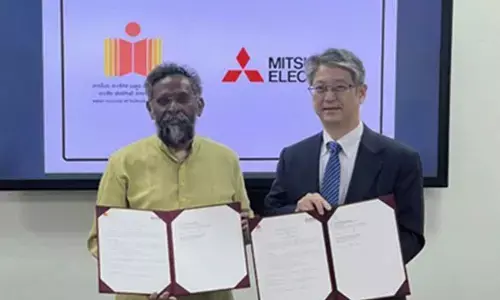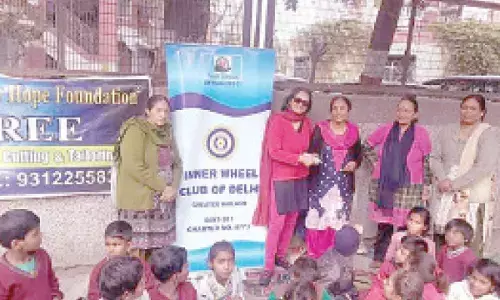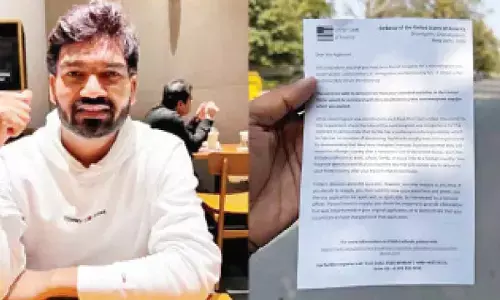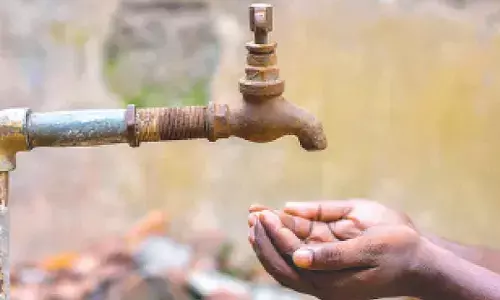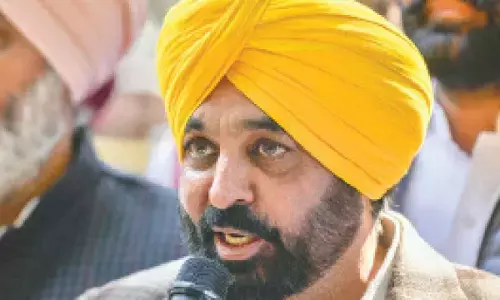Native dialects rapidly vanishing
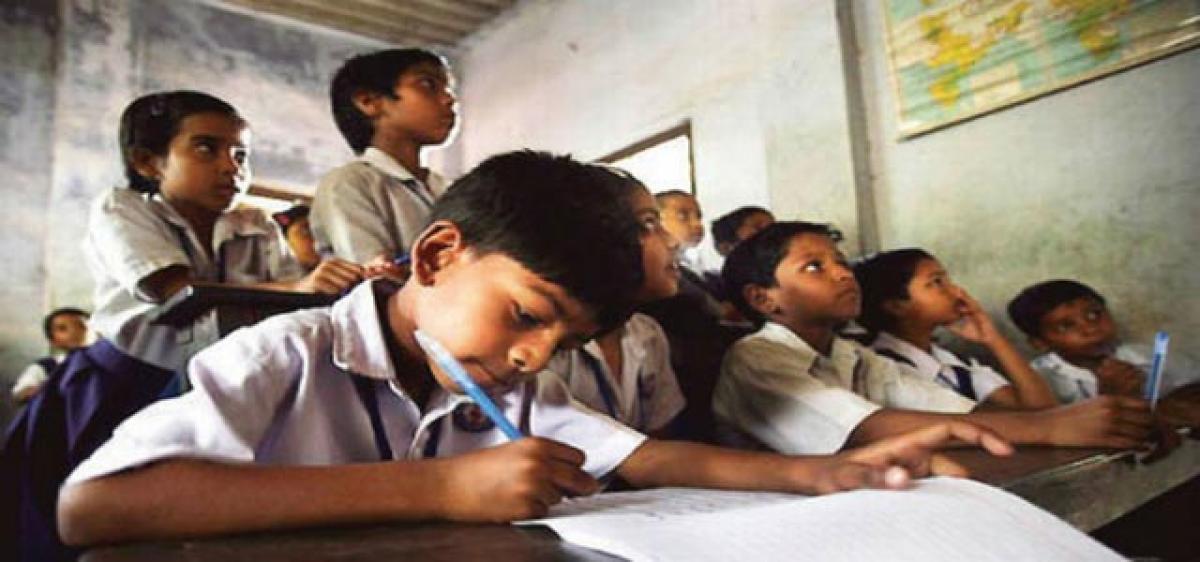
Literary festivals seem to be applying a healing touch in this regard, with increasing awareness among the targeted groups on the need to preserve dying languages and providing requisite support for them to stay alive.
International Mother Language Day
“For us Indians, I don't think English can ever exude that magic of emotions which our mother tongue can” said Kailash Kher, a well-known playback singer and musician, rather aptly. Already, this country is seeing a rapid decline in native dialects, even as tussles of supremacy and dominance of one language over the other threatens to be a constant source of attrition between neighbours.
Literary festivals seem to be applying a healing touch in this regard, with increasing awareness among the targeted groups on the need to preserve dying languages and providing requisite support for them to stay alive.
Bengal, with its intensive awareness on the importance of mother tongue has already set the ball rolling with its Chief Minister Mamata Banerjee according official status to Kurukh language, listed as an endangered language by the UNESCO, to mark the International Mother Language Day, which is observed to mark the language movement in the then East Pakistan in 1952.
She said that around 16 lakh Oraon people spoke Kurukh language in Bengal and that the language had been identified as a vulnerable language in the UNESCO's list of endangered languages.
At the time of writing, Delhi is about to see two major events. Beginning Feb 21, a six-day event called the ‘Festival of Letters’ is being organised by Sahitya Akademi. This year’s focus is on "Protecting the mother tongue and folk literature".
Commemorating 'International Mother Language Day' on Tuesday, the institution will also launch a two-day national seminar on protecting mother tongues, as well as felicitate writers in languages such Halbi, Kurukh and Ladakhi. The festival will also feature a young writer’s festival called 'Yuva Sahiti', and 'Spin-A-Tale' for children besides a host of cultural performances from different parts of the country.
Inaugurated by eminent Sanskrit scholar Satyavrat Shastri, it will see participation by over 215 authors and scholars from across the country. The institute will also felicitate the winners of the 2016 Sahitya Akademi awards including Jerry Pinto, Nasira Sharma and Vannadhasan among others during the festival.
The next one is “The Women Writers' Festival” being organised for the first time by SheThePeople.TV and the Vedica Scholars Programme for Women on February 24 and 25 at New Delhi. Women writers, journalists, academics and professionals will come together to debate and discuss issues that shape women professionals in the 21st century at an event that aims to go beyond the scope of existing literature festivals and to provide a forum for women's writing.
The panel discussions at the festival will bring up women's issues, with writers like Monika Halan, Bahar Dutt, Aparna Jain, Veenu Venugopal, Mala Bhargava to Yashodhara Lal, Urvashi Butalia, Nishita Jha, Bee Rowlatt, Amrita Tripathi, Shaili Chopra, Sonia Golani, Shreyasi Singh and many more.
With international heads of global publishing firms regularly asserting in the media that the spread of e-books has plateaued to an extent even in developing countries and that 80 per cent of books are still sold in the conventional mode, India still is an oasis of hope for the diehard lovers of the printed word. At least, for the present.
By K Naresh Kumar


